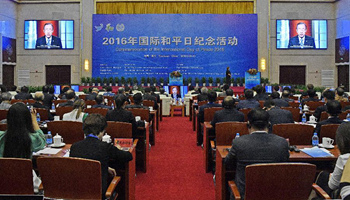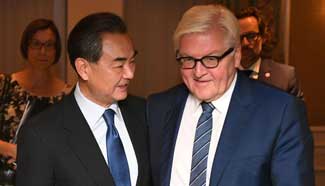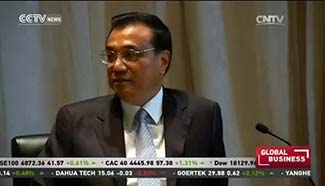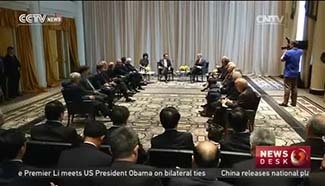GENEVA, Sept. 21 (Xinhua) -- A Chinese expert on Wednesday said China's exceptional development pathway can be of great value to the global community in its bid to implement ambitious development goals.
"China, as the biggest developing country in the world, has developed a unique, effective and remarkable model of implementing the right to development which is worthy to be shared with the international community from the perspectives of its idea and practice," Wang Xigen, Wuhan University's executive director of Research Institute for Human Rights, told a side-event of the 33rd session of the Human Rights Council (HRC) here.
"The right to development is taken as a primary and basic right in the human rights system of China," he added.
Beijing has long supported the unassailable right which was institutionalized 30 years ago following the adoption of the Declaration on the Right to Development by UN member states.
China's unique experience in the past 30 years is viewed by many as a success story whose principles should be explored by other developing nations across the world.
"The practice of the right to development is guided by five ideas: innovation, coordination, green open and sharing," Wang noted.
The academic also reminded that the right to development is broadened by China's long-term plan to promote economic, political, cultural, social and ecological progress.
All this is achieved by respecting clear-cut legal policies which seek to protect the right to development through law-based governance, Wang continued.
"This means that the rule of law, anti-corruption, accountability, judicial relief, and legal aid are all necessary institutional measures to realise this right," he added.
Hosted by the China NGO Network for International Exchanges (CNIE), the event saw some 50 civil society representatives, experts and scholars from China, Russia, South Africa, the Netherlands and other countries discuss China's experience in promoting the right to development and contribution of its civil society.
In a proposal issued Wednesday, CNIE suggested that in light of current challenges and goals outlined in the 2030 Agenda for Sustainable Development, a UN mechanism should be created to review policies and plans which seek to achieve ambitious economic, social and environmental development goals.
CNIE also called for civil society to play a bigger role by creating a platform for dialogue between the latter and the government.
Created in 2006, the HRC is an inter-governmental body working to promote and protect human rights around the globe through thematic discussions and structured recommendations.










